Mon-Sat 9am-7pm


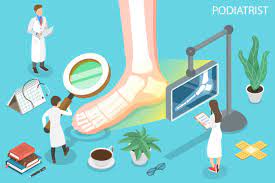
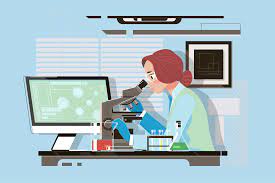

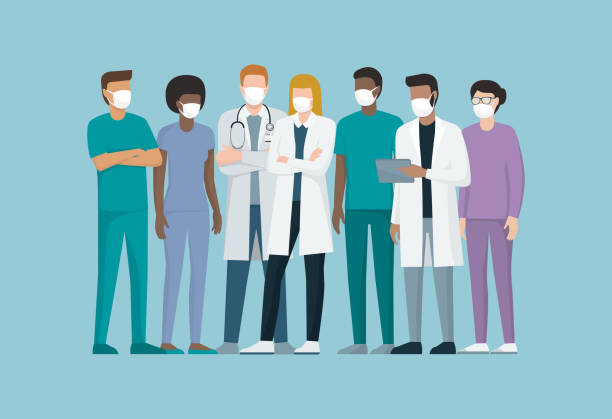
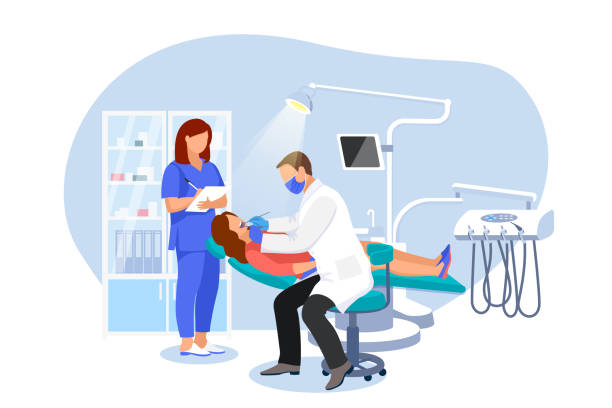
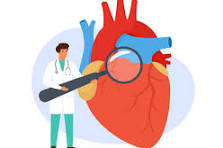

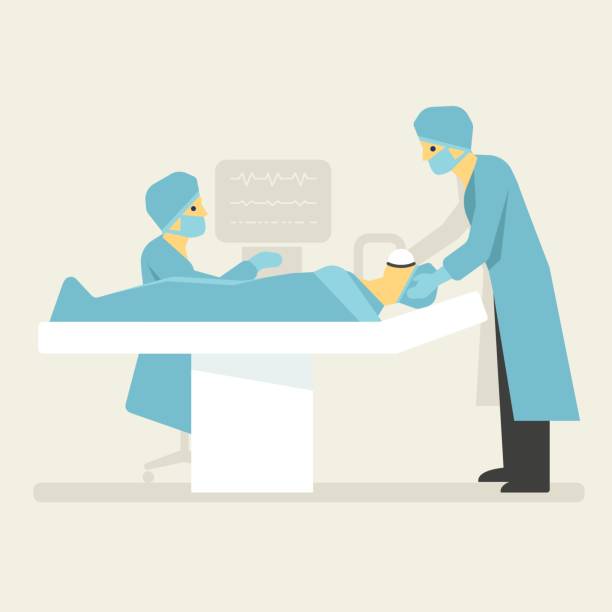

Pathologists are specialist physicians that undertake research and testing of medical specimens for the diagnosis and treatment of disease. Pathologists do not work directly with patients, but they do assist medical practitioners in diagnosing their patients’ illness and developing treatment plans.
To be successful as a pathologist you must have an inquiring mind, extensive medical knowledge of diseases in your specialty, and remain current in all research and testing methods.

According to the U.S. Bureau of Labor Statistics (BLS), although a minimum of three years of undergraduate study is required for medical school admittance, most applicants have earned bachelor's degrees (www.bls.gov). Since certain science courses are required for medical school admission, pre-medical students may consider pre-medicine programs and science majors; however, any major is acceptable. Required science courses and labs include biology, chemistry and physics. Students may consider volunteering at hospitals or shadowing physicians to gain practical experience.
The first two years of a medical program include foundational coursework in the sciences, providing instruction in bodily systems and major diseases, while the final two years are devoted to clinical rotations in different areas of medicine. Pathology isn't a required rotation but may be taken as an elective. To find a medical school, students may consult the Liaison Committee on Medical Education (LCME), which lists 135-accredited U.S. medical programs as of July 2011 (www.lcme.org). According to the LCME, residency programs and most state licensing boards require degrees from accredited programs. Upon graduating from medical school, physicians must earn licensure by passing the United States Medical Licensing Examination (USMLE) or the Comprehensive Osteopathic Medical Licensing Exam (COMLEX).
Pathology residencies,which typically last four years, include training in anatomic and/or clinical pathology, providing instruction in autopsy, image analysis, cytogenetics, molecular diagnostics and protein biochemistry. Residents are also given opportunities to take electives and participate in research. As they advance, they are given more freedom and responsibility when conducting tests and making decisions. Residents are given stipends that typically increase with each year in their programs and are given other benefits, such as health insurance. Individuals may use the American Council for Graduate Medical Education to find accredited residencies and fellowships.
Pathologists who wish to specialize in areas such as dermopathology, surgical pathology or pediatric pathology need to complete a fellowship. These programs last a year or two and provide more narrowly focused training than do residencies. Fellows have opportunities to perform research tailored to their career interests. Some fellowships, such as surgical pathology, may include rotations in different areas, such as gastrointestinal, breast, soft tissue and gynecologic pathology.
As a consultant you'll gradually gain more experience in your clinical duties and take on more responsibilities. You'll have the opportunity to move into managerial roles, initially as a medical lead (a lead consultant for a team), then as a clinical director (a lead consultant for a department) and later on as a medical director (a lead consultant for a hospital trust).
If you wish to take up scientific research and an academic career, you'll need to start early during your Foundation Training, as this field is highly competitive.
Pathologists interested in teaching future doctors may become a director of medical education, training programme director or associate dean in charge of the entire training programme.
There are also opportunities to work in the private sector or to set up your own practice. Depending on your specialty, you may have to be geographically mobile in order to move up to the next level in your career.
| Pros of a Medical Pathologist Career |
|---|
| Higher than average salary (median $251,000) |
| High job-growth field (14% expected growth between 2014-2024 for all surgeons and physicians)* |
| Several specialization options*** |
| Job opportunities in a wide variety of settings*** |
| Cons of a Medical Pathologist Career |
|---|
| Medical school is costly (78% of students graduate in debt) |
| Requires a 3-4-year residency beyond medical school*** |
| Entrance to medical school is very competitive* |
| Associated risks of working with viruses, bacteria and human bodily fluids*** |
| May work long hours* |
Call us at +91 9205084085, Monday - Friday, 9 am - 7 pm


